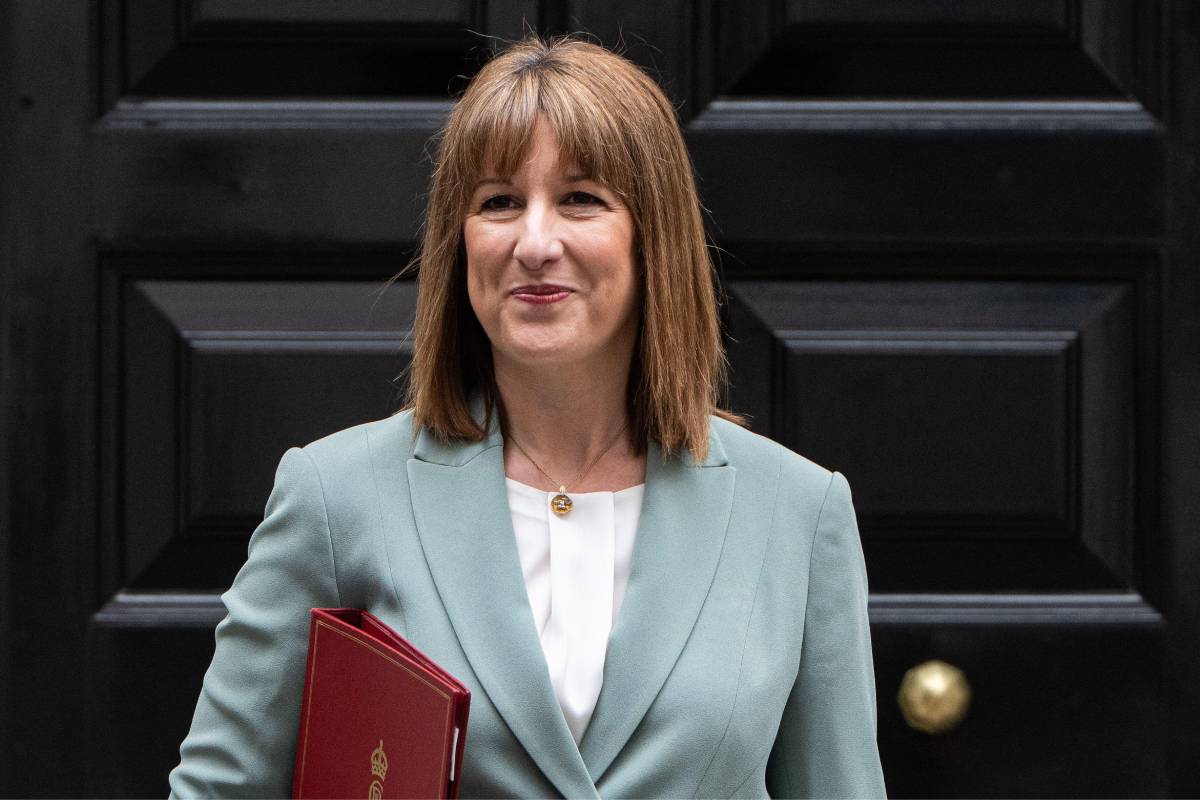Nearly £1bn for local authorities to increase supply of temporary accommodation
A total of £950m will be pumped into the fourth round of the Local Authority Housing Fund (LAHF).

Billed by the government as “the largest investment in the fund to date”, the cash boost was confirmed in a document published alongside the Spending Review.
The document said the funding can be used “to support local authorities in England to increase the supply of good-quality temporary accommodation and drive down the use of costly bed and breakfasts and hotels”.
In addition, the government will also “return local government to a sustainable financial position”.
To help do this, it will provide an additional £3.4bn of grant funding in 2028-29 compared with 2024-25. This equates to an average annual real-terms increase in overall local authority core spending power of 3.1%.
The LAHF was launched in December 2022, when £500m was allocated to local authorities to obtain housing for refugees from Ukraine and Afghanistan.
In June 2023, the second round of the fund provided a further £250m to address wider homelessness and house people on Afghan resettlement schemes.
In March last year, a third round worth £450m followed. It was initially prioritised for areas facing “the highest housing pressures”, with 203 councils receiving an allocation.
Rachel Reeves, the chancellor, also said the government will stop using hotels to house asylum seekers by 2029.
The Spending Review settlement includes £200m of funding to cut the asylum backlog, hear more appeal cases and “return those with no right to be here”, according to the full document.
Overall, the changes will save the public purse £1bn annually. “These reforms will deliver a more affordable and sustainable asylum system, meaning that asylum costs will reduce by at least £1bn per year by 2028‑29 compared with 2024-25,” the full document said.
In 2023, London councils raised the alarm about the block-booking of hotel rooms by the Home Office to house asylum seekers, over its impact on support for rough sleepers. This is because councils often compete with the Home Office while bidding for hotels to use as temporary accommodation.
However, the cross-party group also warned that the number of homelessness presentations by refugees and asylum seekers evicted from Home Office accommodation had increased by 39%.
You can read why the sector described the Spending Review as a “historic” turning point here.
Latest stories







